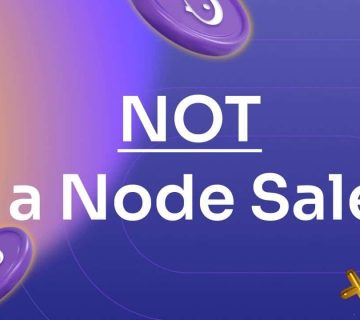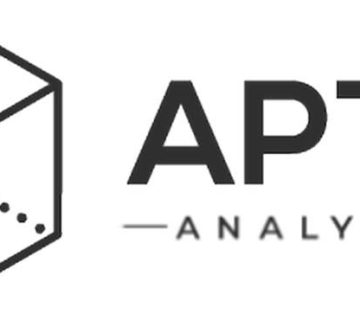Worldcoin – a crypto project by OpenAI CEO Sam Altman – has greatly polarized the Web3 community. At its core, Worldcoin uses Proof-of-Personhood (PoP), which is a mechanism that establishes an individual’s humanness and uniqueness. Proof-of-Personhood has never been more important, especially in the age of surveillance when identity – one of our most fundamental human rights – is under threat.
However, experts in the digital asset industry believe Worldcoin is not the way to achieve it.
Spotlight on Proof-of-Personhood
The native cryptocurrency of the ‘Tools for Humanity’ project was launched last month. The aim is to create “the world’s largest, most inclusive identity and financial public utility.” The privacy advocates in the digital assets industry are not impressed.
In fact, certain observers are bullish on Proof-of-Personhood and view that there are many paths to achieving the same, and even though none of them are perfect, Worldcoin is still not the way to go about it.
Blockchain expert and CEO of web3 infrastructure firm Toniq Labs, Bob Bodily, for one, said there are numerous safer means for proving you are human, making this process obsolete. While speaking exclusively with CryptoPotato, the exec highlighted the many shortcomings of the Worldcoin verification model, including high centralization since users can only be validated using official hardware built by Worldcoin, thereby limiting accessibility.
“How realistic is it for everyone in the world to get to one of these devices? There are currently only a few hundred, and even if that number rises to thousands, this is still far below what would be needed for global adoption.”
He also highlighted the use of Zero-Knowledge technology to ensure nobody can unencrypt user data but also ponders over the fact that how much can it be trusted when it comes from a centralized source.
“Any flaw in such a high-stakes system could lead to catastrophic problems for users if the protocol is compromised in any way.”
Another point of contention is the need to manufacture and disseminate the “Orbs” globally, which according to the Toniq CEO, “presents a scalability challenge and a potential security risk posed by malicious actors engaging in activities such as 3D prin
Go to Source to See Full Article
Author: Chayanika Deka





